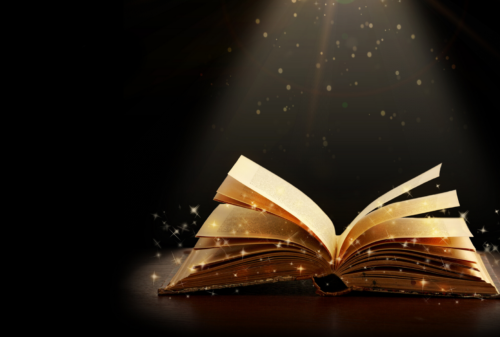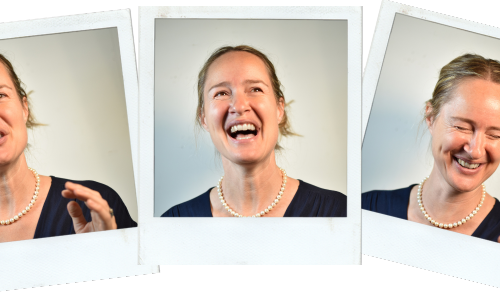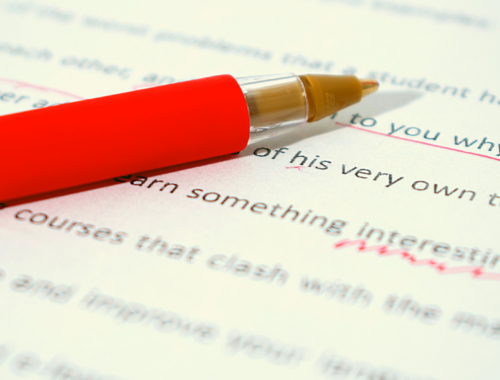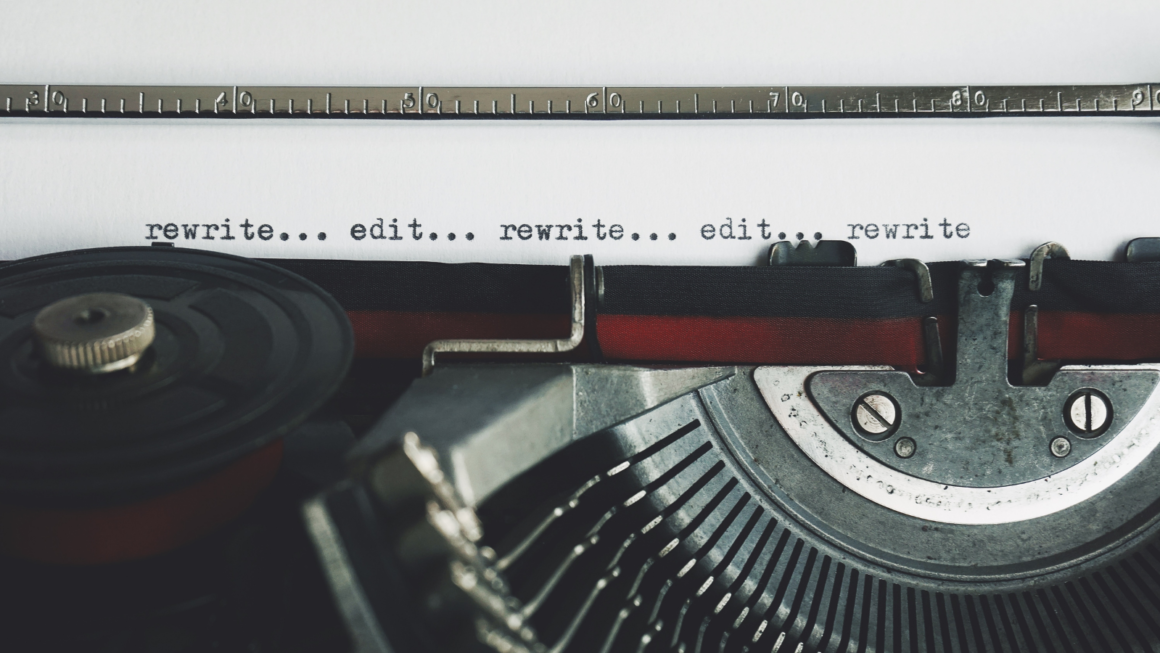
What does a book editor do? (And do I need one?)
There is nothing more important than an editor if you want to produce your best writing. Editors can be used at any stage of the writing process. They can give feedback on an idea or an outline, give a report on a first draft to identify strengths and weaknesses, and work on each sentence in detail to produce a final draft. When you can’t see the wood for the trees, an editor can bring out their chainsaw or clippers, cut out the dead wood, prune your sentences, and give your words room to breathe. Many editors also specialise in certain genres and stages of production. For example, an editor may only deal with Young Adult Sci-Fi at the developmental stage, and another may be a copy (line) edit specialist for Contemporary Romance novels.
In traditional publishing you don’t have any say in who edits your work, but usually a strong and productive bond develops which can last an entire career. In the world of self-publishing, an author has much more control, but it can be tricky to find the right editor, and of course, there is a cost.
I had a couple of false starts when I was looking for an editor, but eventually found one. She now edits my work at every stage, and is a sounding board when I am in the planning stages for a new book. I wanted to write a blog to help explain exactly what an editor does, so sat down with her for a virtual chat about all the different roles an editor can play in the life of an author.
What does a book editor do?
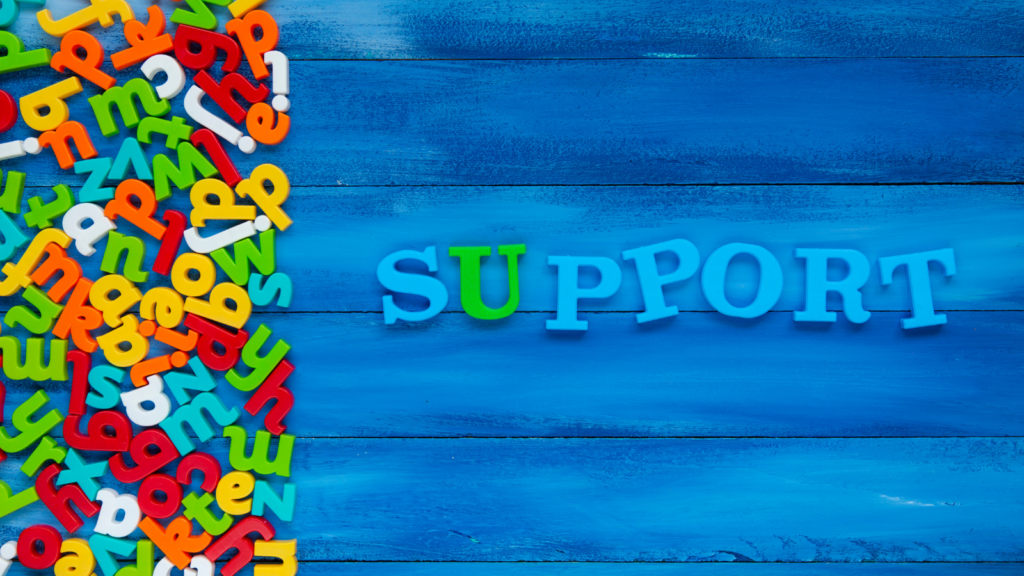
On the role of a book editor and what she likes best about her job:
“In a nutshell, book editors help authors to produce their best work for publication. The way they do that can vary as each editor will have a different approach, background and specialism.
The best thing about my job is the variety. Once I qualified, I kept learning so I could keep adding to the services I provide. I now offer all levels of editing: developmental, copy editing (also known as line editing), and proofreading. I also coach which allows me to have a really close working relationship with a lot of clients who work with me through the whole writing process”.
What is the difference between a developmental editor and a copy editor?
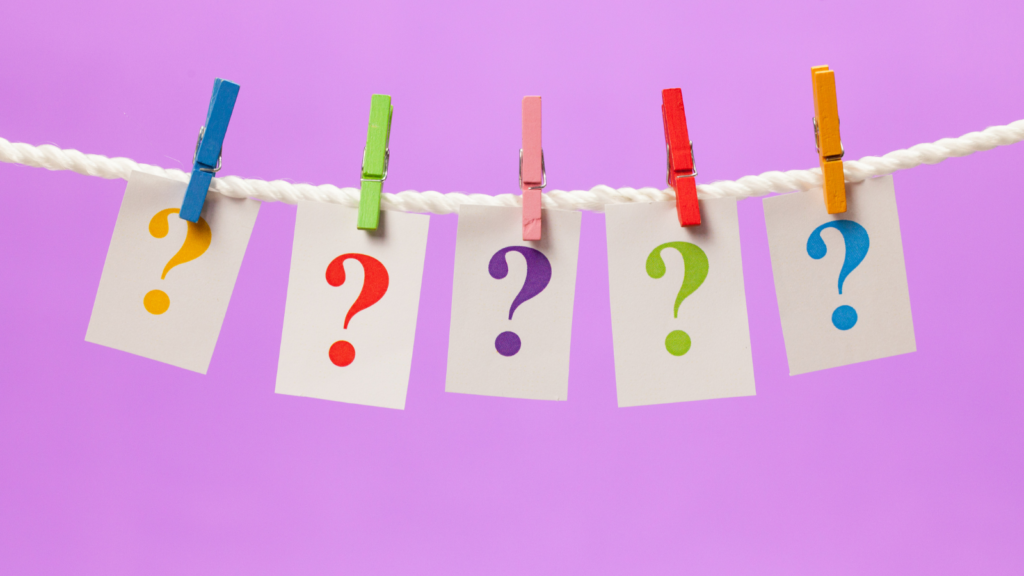
It’s really important to know exactly what you need, and to avoid going to a copy editor until the absolute last possible moment. If you’re on your first book, then it’s worth spending a lot of time in the developmental stage to make sure you’ve got it sorted, otherwise, paying for a copy edit will be a waste of time and money.
Here’s what she says about the difference between developmental and copy editing:
“A developmental editor looks at the big picture – the story as a whole. They examine the plot, pacing and structure, characterisation, themes, settings: everything that makes a book work. Is the book readable? Does the writing engage the reader? Are they hooked?
What is the main character’s goal and motivation? What conflict is keeping them from achieving their goal? In romance, we talk about the main character’s wounds, the thing that is holding them back, causing the conflict and keeping them apart until the resolution.
Developmental editors have differing processes and sometimes the process changes depending on the client’s needs; for example, I have one client who loves to get her book mapped out – every scene is examined and she can easily see from the map/chart I produce where the issues are and what she needs to do to fix them.
Another client prefers to Zoom and talk through all the issues and changes. There would be no point in me working the same way for both clients as they wouldn’t get what they need.
Copy editing (also known as line editing) is sentence-level editing. After all the developmental issues have been ironed out, the copy editor reads for readability, sentence structure, overused words, spelling, tenses, head hopping, punctuation and grammar and lots more. It is very close, detailed work that aims to tighten and polish your writing to its best standard.
The copy editor will also produce a style sheet which records all the style preferences (serial comma, spelling choices, single or double quotes, use of numbers etc.). This helps to ensure consistency in your writing and provides information for the proof-reader who does the final read for any remaining errors. Depending on the quality of writing, copy editing can take more than one round.“
For my books, my editor does at least two rounds of copy editing.
In between these edits, I go through and do more edits myself, removing overused words and tightening up sentences, before it goes back to her for the final edit. She also offers a proofread and free format at this stage.
How can an author wishing to go with a ‘traditional’ publisher use an editor?

‘Trad’ publishing means that a publishing company publishes your book for you. There are those that produce hard copy books for bookstores, and those that only deal with ebooks. Some authors prefer the idea of shopping their work to literary agents first, who will then seek to get a ‘deal’ for them. This process can take a long time and is fraught with rejection.
One way you can speed this process up is to make sure that the manuscript you submit to any agent or publisher (some companies allow unsolicited manuscripts), is as good as it possibly can be. If you are at the start of your author career, then the bad news is that your first few drafts are likely to be absolutely awful. The worst thing you can do is to show someone you are looking to take you on, work that is not the absolute best it can be. Trust me, I’ve done it.
This is where paying for a developmental edit can be worth its weight in gold. It may be a few hundred pounds, but it can often mean the difference between landing a deal or not. If you’re looking for the cheapest option, then use beta readers to help with the development of your work, but you can’t guarantee the standard of advice you receive.
How can an indie author best make use of an editor?
My editor says:
“Indie authors don’t have the safety net of a team of publishers and agents to tell them how to improve their manuscript and to produce a book that will attract readers. In some ways that leaves indie authors at a disadvantage, but clever indies will treat the self-publishing process as a business and hire their own team, including editors.
It may seem daunting and expensive, but compare your book to a product you have designed – you wouldn’t expect to sell the product without making a prototype, testing it, designing packaging and marketing it. Your book is the same. It needs to be high quality inside and out and then marketed for it to sell. Editors are an essential part of that process. You may also find that your editor becomes more than that; a sounding board, an advisor, a vital part of your team”.
When should I use an editor?
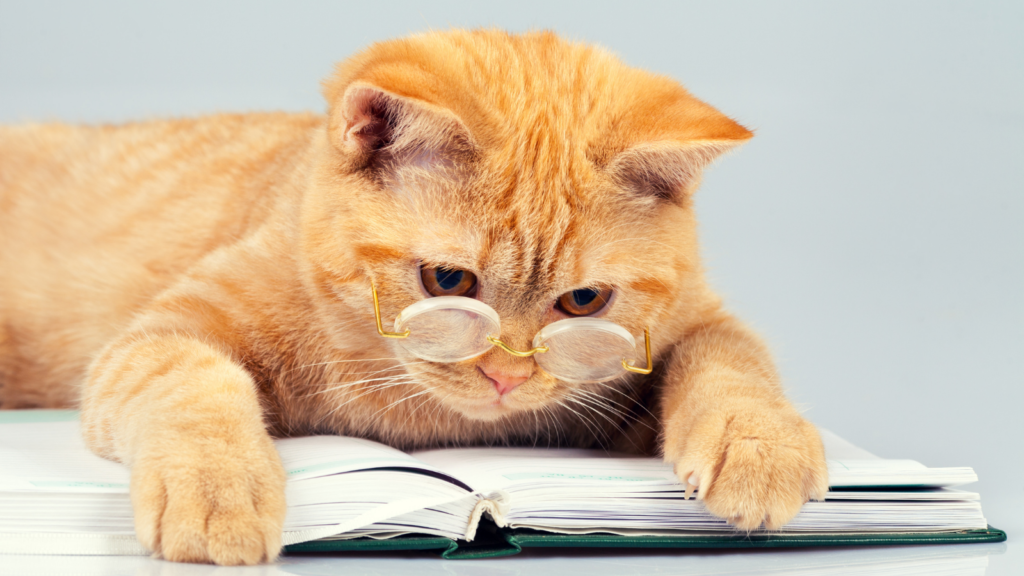
When you’re starting out, I would recommend finding beta readers to give you feedback on your first drafts to save money. When you think you’ve got your manuscript the best it can be, hire a developmental editor who is experienced in your genre to give you professional feedback. You may, like me, find an editor who can do it all, and with whom you have a good rapport. Only when you’ve got your work the best it can be, go for a copy edit, then a final proofread.
How do I find an editor?
If you’re an independent author, there are lots of places where you can find an editor online. Reedsy marketplace is a good place to start, as well as author facebook groups. All copy editors should offer to edit a page of your manuscript for free so you can see what changes they would make. Don’t give them the first page of your novel as it is likely to be ‘too’ clean. Give them a page from later in your work.
Editors may also offer a free online chat so you can talk about your work and see if you might be a good fit. When I was first looking for an editor, I got chatting via email with an editor in the US. She was really lovely, worked in the romance genre and was keen to help. I had met her through ‘The Writing Gals’ facebook group which has a ‘sweet’ romance bias (no sex on the page or swearing), so before she started work, I sent her another email, just checking she was okay with working on a romance that contained swearing and graphic sex. Her reply came through immediately – ‘unfortunately I don’t edit some of what you warned me about’.
Luckily, soon after, I found my editor through the same site. She said – ‘I specialise in women’s fiction, romance and erotica. I’d be happy to chat with you about your book, it sounds great.’ We had a chat on Zoom and she did a sample edit of Highland Games.
Fellow authors have not had such luck with editors. An author friend (who shall remain nameless) was told by her editor that she didn’t understand how to use the word ‘clammy’ (she did), and had to remove it. When she refused, he threw his editing toys out of the pram. At the end of the day, your editor is being paid to do a job FOR you. They can offer their professional advice and opinion, but your word should be final.
Another way to find an editor is through personal recommendation.
If you’ve got an editor, how do they help your writing process? Let me know in the comments below, via email, or on social media. Happy editing everyone!
Evie X



